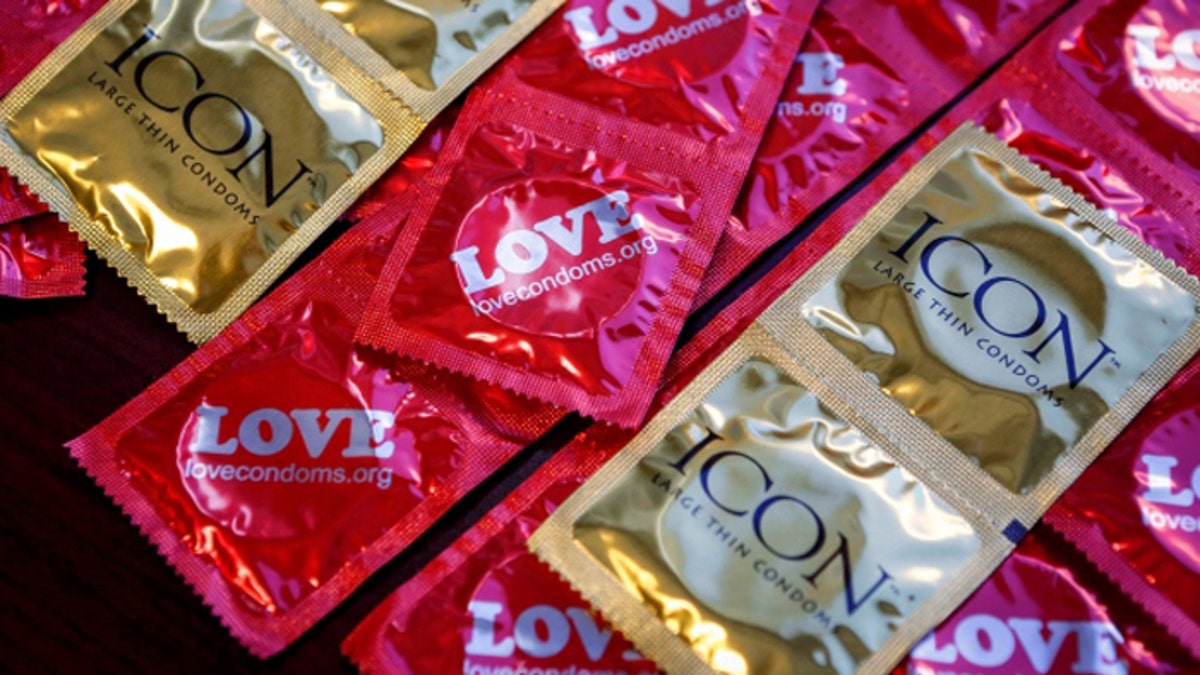
Freedom of speech doesn't convey the right to shout "Fire!" in a movie theater, and, apparently, it doesn't give porn actors the right to skip condoms, either.
After Los Angeles County voters passed a law in 2012 requiring condoms to be worn in X-rated films, Vivid Entertainment and other porn industry players sued to halt enforcement by claiming it violated their rights under the First Amendment. A federal court ruled against them last year and, on Monday, the 9th Circuit Court of Appeals upheld the lower court's decision. The judges determined that preventing outbreaks of HIV and other diseases outweighed the porn industry's interest in making a statement by depicting unprotected sex.
Typically, any brakes on freedom of speech have to pass the strict scrutiny test, in which courts find a compelling public interest outweighs the constitutional issue. But the 9th Circuit noted an exception when ordinances regulate "speech that is sexual or pornographic in nature" and when "the primary motivation behind the regulation [is] to prevent secondary effects." And one judge seemed dubious about whatever statement was being made by condomless actors, likening an ordinance requiring condoms to one requiring strippers to wear pasties and a G-string.
[pullquote]
"To determine whether conduct is protected by the First Amendment, we ask not only whether someone intended to convey a particular message through that conduct, but also whether there is a 'great' likelihood 'that the message would be understood by those who viewed it,'" wrote 9th Circuit Judge Susan Graber. "Here, we agree with the district court that, whatever unique message Plaintiffs might intend to convey by depicting condomless sex, it is unlikely that viewers of adult films will understand that message. So condomless sex is not the relevant expression for First Amendment purposes; instead, the relevant expression is more generally the adult films’ erotic message."
Attorneys for Vivid argued that unprotected sex conveys an important message about sex in a world without risks like pregnancy and disease. The appellate court also rejects the adult film companies' argument that it's not narrowly tailored and ineffective because porn films can travel across county lines without the restriction.
The law, pushed heavily by the AIDS Healthcare Foundation in the wake of several outbreaks of HIV in the porn industry, passed with 57 percent of the vote. Vivid sued in January 2013 to block enforcement of the law, but lost in federal court. It was not immediately clear if Vivid would appeal to the U.S. Supreme Court.
“Should Vivid Entertainment and other porn producers decide to appeal the decision and bring their misguided case before the U.S. Supreme Court, we welcome the challenge for the courts to rule once again in favor of worker safety and show how the porn industry cares more about their bottom line than their workers,” said AHF President Michael Weinstein.




